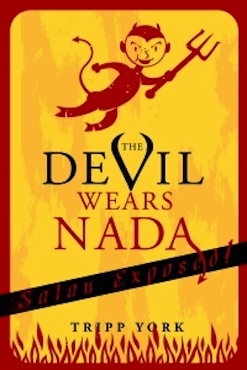Inglourious Basterds (Tarantino, 2009)
Tarantino’s films expose the Binx Bolling in us all, restless until we have a tidy border of cultural reference within which we can claim our stake. Most of his intricately scripted and arranged films are hardwired into the idea that his audience has nostalgic connections to all the bits of media history he is tossing out at us.

